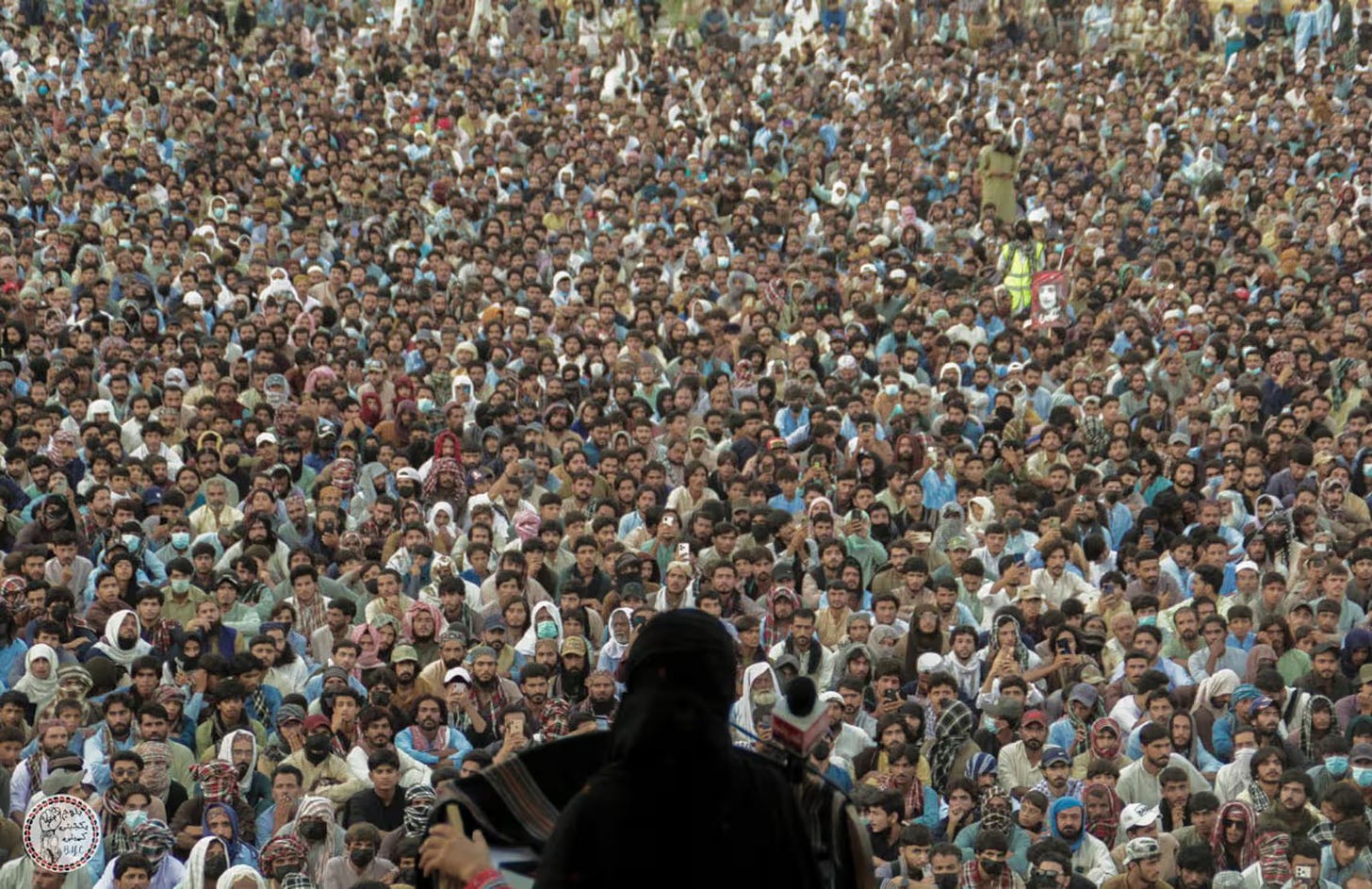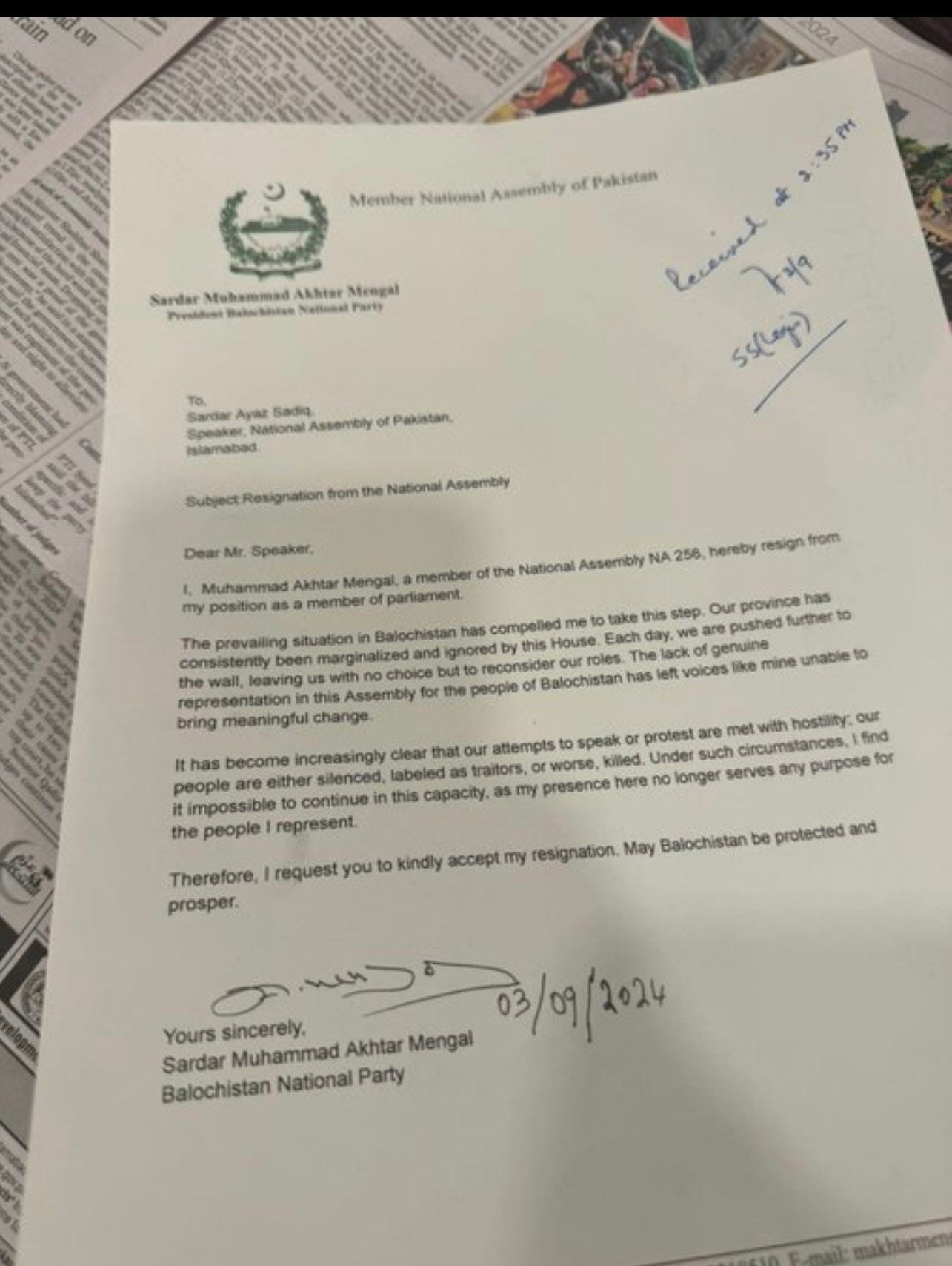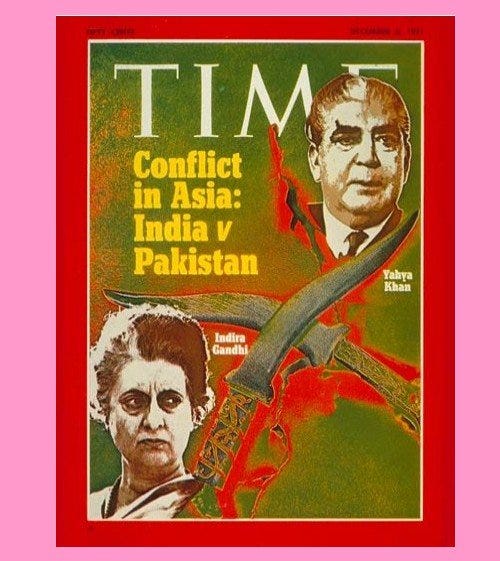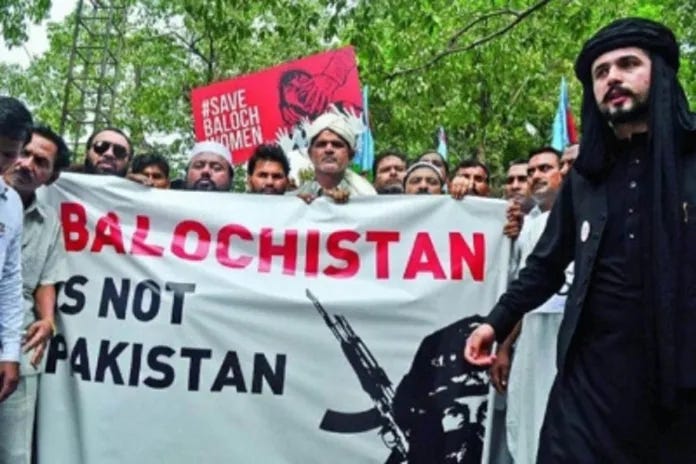Prominent Baloch Leader Quits as Member of Parliament in Pakistan — Leaves for Dubai
Former Chief Minister of Balochistan, Akhtar Mengal, and the sitting MP has consistently demanded greater autonomy for the troubled province and an end to the egregious human rights violations by Pak.
Akhtar Mengal’s Resignation: A Blow to Pakistan’s Unity
“Goodbye, Parliament—may we meet again when the rule of law prevails.” With these words, Sardar Akhtar Mengal, a prominent leader from Balochistan and former Chief Minister of the province, formally relinquished his seat in Pakistan’s National Assembly on 3rd September 2024. His resignation marks a pivotal moment in the ongoing struggle for greater autonomy and rights for Balochistan, a region long plagued by political and social unrest. It also signifies the withdrawal from Pakistan’s troubled polity of a leader who was not advocating for an independent and sovereign Balochistan, but for greater administrative and financial autonomy, including the promotion of the Balochi language and preservation of its unique culture. Additionally, he called for an end to persistent human rights violations in the volatile region by Pakistan’s security forces.
The Political Career of Akhtar Mengal
Akhtar Mengal’s political journey has been marked by his strong advocacy for Balochistan’s rights within the framework of the Islamic Republic of Pakistan. The son of prominent Baloch leader Sardar Ataullah Mengal, Akhtar Mengal has served not only as a member of the National Assembly but also as the Chief Minister of Balochistan. His political party, the Balochistan National Party-Mengal (BNP-M), has consistently championed the cause of provincial autonomy, a cause rooted in the Baloch people’s long-standing grievances against the central government.
For decades, Mengal has been a vocal critic of the Pakistani state’s policies in Balochistan, accusing successive governments of marginalising the province’s population and exploiting its natural resources. His resignation comes at a time when he feels the space for legitimate political action has shrunk beyond repair. “All political parties have refused to accept my resignation, which I find ironic,” he said. “They think they can convince me to change my mind, but I am not just Akhtar Mengal—I am a part of the people of Balochistan.”
The Struggle for Balochistan’s Rights
Balochistan, Pakistan’s largest and least populated province, has been embroiled in conflicts for decades. Since Pakistan’s creation, Baloch leaders have demanded greater autonomy, alleging that Islamabad has systematically exploited their province’s rich natural resources, including gas, minerals, and coastal access, without providing corresponding benefits to the local population.
The situation has been exacerbated by the presence of the Pakistani military and security forces, who are accused of committing human rights abuses, including enforced disappearances, extra-judicial killings, and the suppression of political dissent. Mengal has repeatedly called attention to these atrocities. In his parting statement to the National Assembly, he demanded an apology (video) “to the people of Balochistan. Acknowledge the pain you've caused by taking their loved ones. Say sorry to Sami and Mahrang for assaulting them when they simply wanted to speak.”
Balochistan’s Past and the Question of Sovereignty
Balochistan’s troubled relationship with Pakistan dates back to 1948 when the Princely State of Kalat, ruled by the hereditary Khanate, was virtually annexed into Pakistan. The Instrument of Accession, signed under duress by the Khan of Kalat, remains a controversial moment in Balochistan’s history. Many Baloch nationalists argue that the annexation was illegal, and that Balochistan should have been allowed to exist as a separate sovereign entity.
This sense of betrayal has fuelled multiple waves of insurgency, with separatist leaders demanding either greater autonomy or outright independence from Pakistan. The Balochistan Liberation Army (BLA), among other groups, has emerged as a prominent militant organisation, seeking independence for Balochistan. In recent years, these separatist movements have gained momentum, as the Baloch people’s disenfranchisement grows.

The Role of Women in the Balochistan Struggle
Women have also played a critical role in the Baloch nationalist struggle, often as vocal activists. Figures like Karima Baloch, who was tragically found dead in Canada in 2020, and Mahrang Baloch, who has been arrested and harassed for speaking out, represent the growing prominence of women in this movement. Mengal’s resignation referenced these women and others, highlighting the state’s brutal response to even peaceful demands for justice.
The plight of Baloch women underscores the wider repression that the Baloch community has faced, including the curtailing of political freedoms and the violent suppression of any form of dissent.
The Call for International Attention
Mengal’s resignation and subsequent departure to Dubai have once again brought the plight of Balochistan into international focus. His poignant words—"I tried to explain everything, but they are unwilling to solve Balochistan's problems"—are not just a personal expression of disillusionment but a rallying cry for the people of Balochistan. The international community, particularly India, should not remain silent on the matter.
India, which faces constant and blatant interference, including actively abetted terrorism, from Pakistan over Jammu & Kashmir, could, in turn, raise its voice about the situation in Balochistan. Just as Pakistan calls Jammu and Kashmir a disputed territory, Balochistan, given its history, could be viewed— and articulated— in the same light. After all, if Balochistan’s annexation into Pakistan was illegal, as some argue, then the region’s status remains a subject of legitimate international dispute.1
The Future of Balochistan and Mengal’s Legacy
As Mengal departs from Pakistan’s political scene, at least for now, the future of Balochistan remains uncertain. His departure highlights the deepening crisis in the province, one where political voices are either silenced or forced to align with the establishment. Mengal, one of the few remaining nationalist leaders who still believes in fighting for Balochistan’s rights within the Pakistani state, leaves a vacuum that could further fuel the separatist movement.
Prominent voices like journalist Asad Ali Toor have weighed in, stating: “The resignation of Akhtar Mengal is a big blow to the federation of Pakistan, showing how space for politics is shrinking in Balochistan. If he has resigned, we should know the crisis on the ground has deepened to a level from where only a miracle can reverse the situation.”
As Mengal himself said in his farewell, “I hold no personal animosity towards anyone, but my conscience compelled me to make this decision.” Now, as he seeks a reprieve from the burdens of political life, the question remains: Will Balochistan ever achieve the justice and autonomy that Mengal and countless others have fought for, or will it continue to languish under the heavy hand of the state?
Rising Instability in Pakistan and the Need for Vigilance in India
This resignation adds another layer of complexity to an already volatile political landscape in Pakistan, where the ruling coalition came to power through elections widely regarded as rigged, allegedly at the behest of the Pakistan army. The questionable and ongoing incarceration of former Prime Minister and popular cricket figure Imran Khan, on what many consider flimsy charges, further fuels instability. Despite several judgements by the Supreme Court favouring Khan and his party, the PTI, on electoral disputes and personal cases, he remains behind bars. The arrest and court martial of the former ISI Chief add to the unrelenting political turmoil, making Pakistan's situation far from stable, especially with the country teetering on the edge of bankruptcy. India, in this context, must remain extra vigilant, particularly with the upcoming elections in the Union Territory of Jammu & Kashmir's legislative assembly and the escalating terrorist attacks by Pakistan-backed militants on Indian security forces. This calls for heightened vigilance, though without falling into paranoia2.
Citations:
[1] The Print
[2] The Express Tribune
[3] The Balochistan Post
[4] Dawn News
[5] Human Rights Watch Report on Pakistan








ਜੋ ਕਿਸੇ ਦਾ ਬੁਰਾ ਕਰਦਾ ਹੈ ਉਸ ਦਾ ਬੁਰਾ ਹੋਣਾ ਨਿਸ਼ਚਿਤ ਹੁੰਦਾ ਹੈ ਭਾਵੇਂ ਉਹ ਵਿਅਕਤੀ ਹੋਵੇ ਜਾਂ ਦੇਸ਼